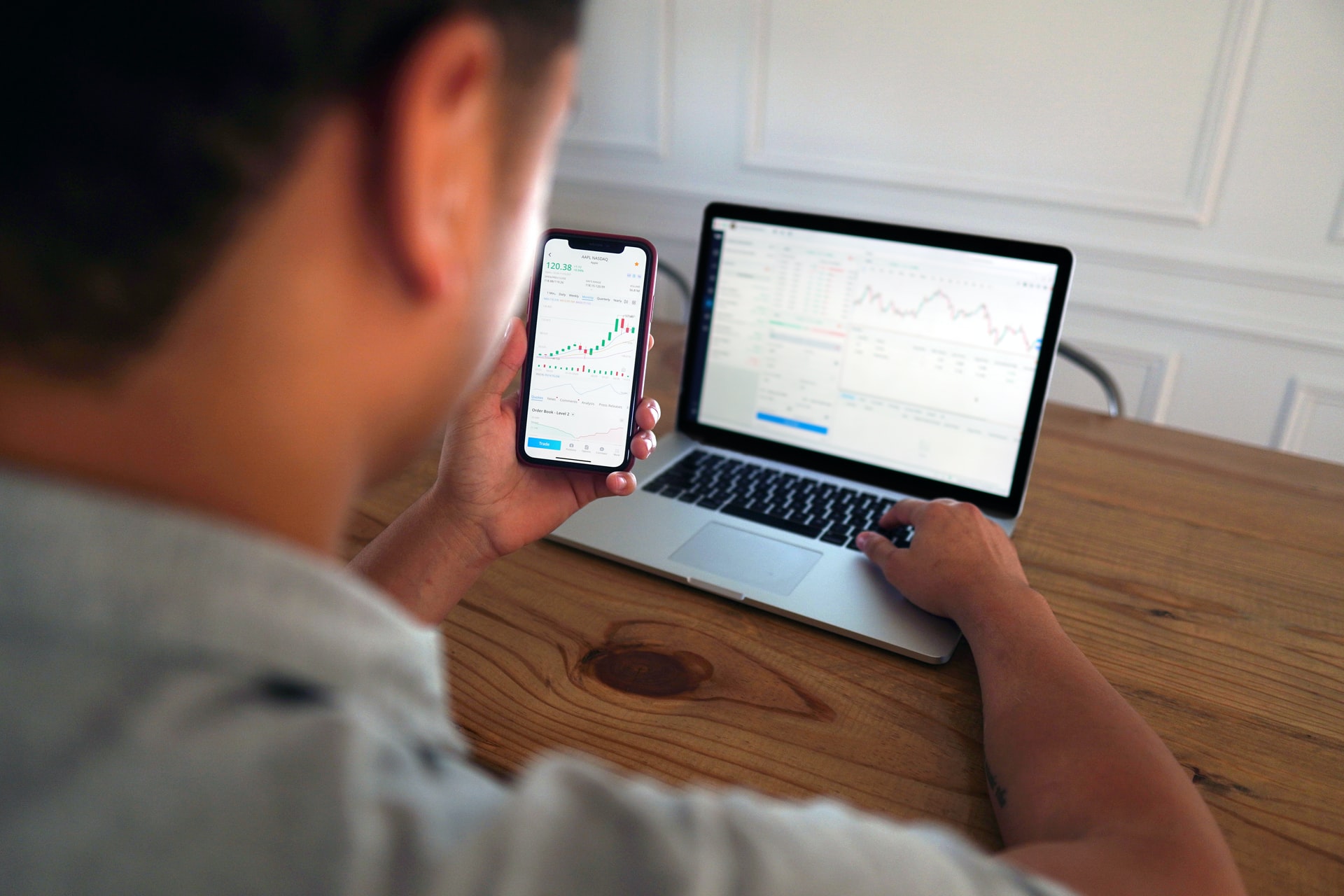Robinhood Markets’ highly-anticipated IPO has resulted in substantial growth for the financial services company. In March 2020, Robinhood had 7.2 million retail clients, and a year later that number has risen to 18 million. The brokerage now manages an impressive $80 billion in customer assets, many of whom are younger investors just entering the market—a result of Robinhood’s mission to make trading more accessible.
Most companies are not profitable when they file for an IPO, but Robinhood generated $7.45 million in net income (out of $959 million in net revenue) last year. However, due to unexpected losses during the GameStop trading mania, Robinhood’s revenue dipped in early 2021 down to $522 million. The online brokerage was forced to restrict trading of GameStop shares amid a frenzy generated by a Reddit thread favoring the gaming company.

What Exactly is Robinhood?
Founded in 2013, the start-up offers free stock trading for equity, cryptocurrency, and options. Robinhood makes money through payment for order flow—the money that brokerages get for directing trades to high-volume traders. This approach brought in $331 million in the first quarter of 2021, and their overall business model was arguably a catalyst for the entire industry to drop commissions in 2019.
How Much of Roinhood’s IPO Shares Will be Allocated to Customers?
Robinhood announced that they will be allocating between 20-35% of their IPO shares to their retail customers. This counters the traditional exclusivity surrounding “Wall Street” where wealthy and experienced investors often receive first dibs on IPO shares. The company hopes to raise $100 million through their stock market debut.
Robinhood’s Recent Legal Troubles
Recently, the tech company has been under legal heat, and analysts are speculating how this may impact their debut.
Issues on the table include:
1. Failing to thoroughly screen customers before they were able to place options trades,
2. Propagating misleading information to customers, and
3. Being unprepared for outages due to heavy trading volumes.
The Financial Industry Regulatory Authority ultimately issued a $70 million penalty due to Robinhood’s technical failures in 2020. Their practice of receiving payment for order flow has also been criticized by U.S. legislators for lack of transparency. In response to these criticisms, Robinhood has increased efforts to educate its clients and removed potentially misleading information from its app.
Recent tech trends in the stock world have come with benefits as well as unexpected pitfalls. Savvy investors must focus on making informed decisions and weighing the pros and cons of new trading opportunities. Qualified small business stock (QSBS) is often a reliable alternative to headline-making IPOs, especially because of the notable QSBS tax break. Federal tax law allows for up to 100% exclusion of capital gains tax on the sale of QSBS.
To find small businesses that may become QSBS eligible, check out QSBS Expert’s company directory.
This article does not constitute legal or tax advice. Please consult with your legal or tax advisor with respect to your particular circumstance.

